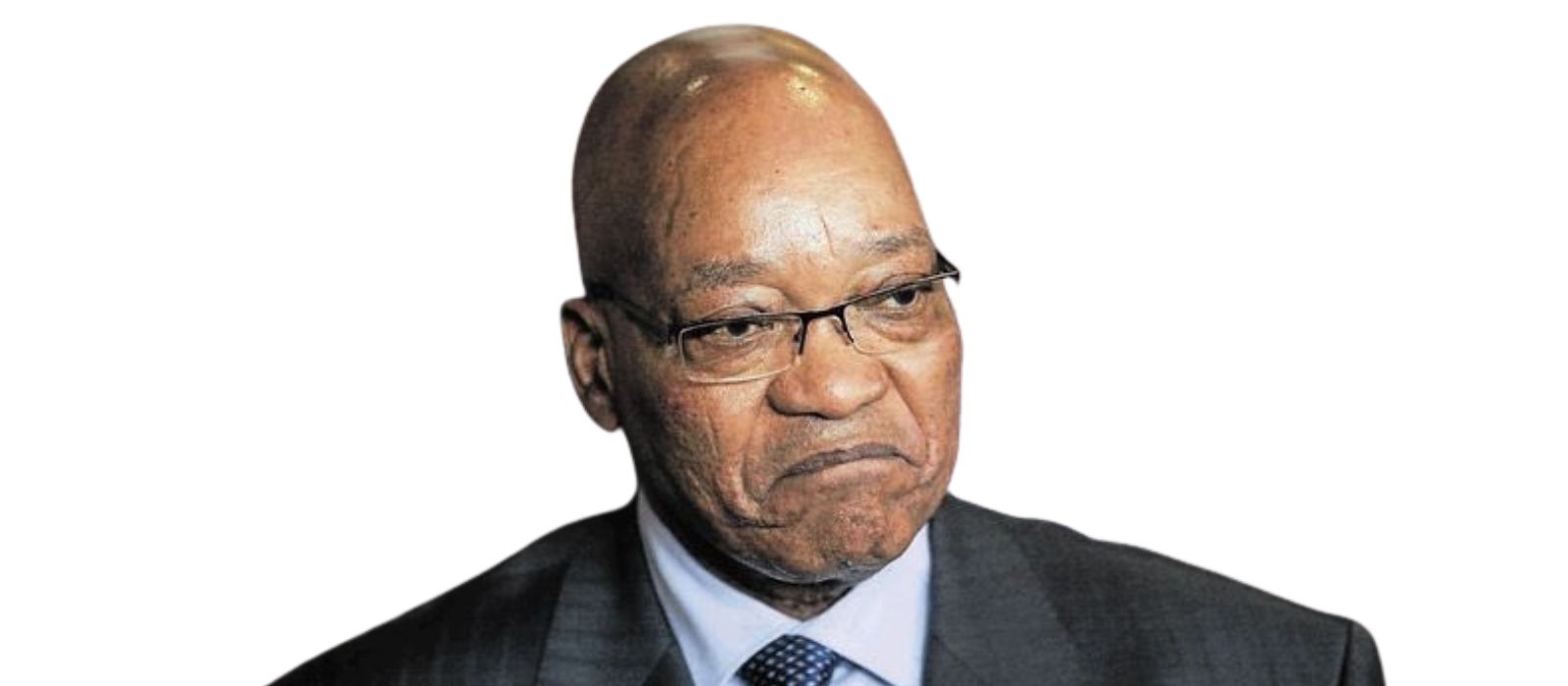
South Africa’s governing party, the African National Congress (ANC), officially endorsed its decision on Friday to expel its former leader and former President Jacob Zuma, rejecting his efforts to remain within the party.
The ANC, which has ruled South Africa since the end of apartheid 30 years ago, expelled Zuma in July after he formed a rival political organisation in an attempt to challenge the party. Some ANC members labeled him a “Judas” for his actions.
In May this year, Zuma led and campaigned for the fledgling party while still holding an ANC membership card. He refused to relinquish his ANC membership and appealed his expulsion last month.
Zuma demanded to present his case in person rather than through a virtual meeting. He also called for the party to make its internal disciplinary processes public. However, the ANC declined his requests and permanently severed ties with him this week.
“By establishing and leading a rival political party, the former president had not only shown disloyalty but had also tried to destabilize the party at a time when it was working to renew itself,” the ANC stated in a press release.
Since his removal as ANC leader, Zuma has often used his appearances at political and legal events to rally hundreds of supporters. His expulsion marks the end of decades of involvement with the ANC, a party he joined as a teenager.
Zuma was arrested by apartheid police at the age of 21 and served time in prison alongside Nelson Mandela and other political stalwarts. He became the controversial leader of the ANC in 2007, with his tenure as South Africa’s president marred by corruption and scandal. After his second term as ANC president ended in December 2017, Zuma was forced to step down as the country’s president two months later amid mounting political pressure.
Following his resignation, Zuma largely disappeared from the political spotlight. However, he reemerged as the leader of a new party, uMkhonto weSizwe (MK), which made a surprising impact in the parliamentary elections, winning 58 out of 400 seats. This result weakened the ANC’s majority, forcing the ruling party into a coalition government and marking a significant shift in South Africa’s political landscape.


